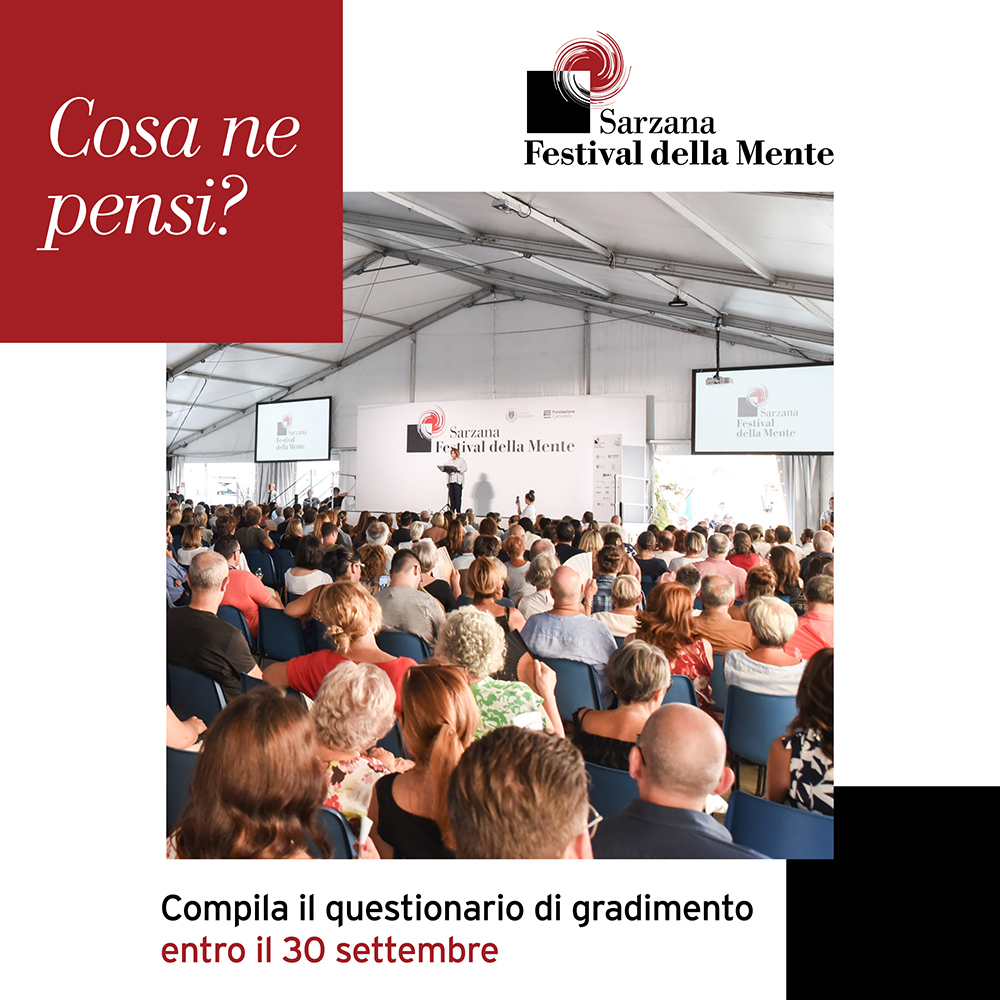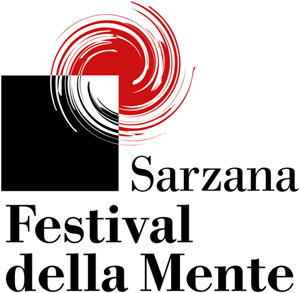2011 Programme
Evento n.12
Adriano Prosperi
Crime and forgiveness
Forgiving or punishing (death penalty included)? In Torquato Tasso’s great poem La Gerusalemme Liberata (1581), the dying Clorinda tells Tancred: ‘O my friend, I forgive you, so you too must forgive.’ These words summarize and symbolize a whole culture of the relationship with the Other, the infidel, the heretic and the criminal. In the cultural and religious tradition of the Middle Ages in Italy, the death to which such persons are condemned is a rite of passage in which forgiveness is part and parcel. Adriano Prosperi’s lecture will be a study in the structures of that rite. The encounter with the Other—with those who have a different culture and religion—is a very topical issue of our time, one that we deal with on a daily basis, and that takes on an even more urgent character when referred to crimes. The historian’s distance and peculiar angle make it possible for us to approach it with greater detachment.
https://www.festivaldellamente.it/it/live-streaming-alessandro-barbero/is Professor of History of Reformation and Counterreformation at Pisa’s Scuola Normale Superiore since 2002. He has taught at the Universities of Calabria, Bologna and Pisa. His main interests are the history of Reformation and Counterreformation, and the history of geographic discoveries and of missions. Prosperi is a member of Italy’s Accademia dei Lincei and Accademia degli Intronati. He regularly contributes to La Repubblica newsdaily. His books include: Tribunali della coscienza. Inquisitori, confessori, missionari (1996); Penitenza e Riforma (1995); Incontri rituali: il papa e gli ebrei (1996); Manuale di storia moderna e contemporanea, written with P. Viola (2000); Il Concilio di Trento: una introduzione storica (2000); Dare l’anima. Storia di un infanticidio (2005); Giustizia bendata. Percorsi storici di un’immagine (2008), and Cause perse. Un diario civile (2010), all published by Einaudi. His latest book, Ebrei, eretici, selvaggi: Granada 1492 is about to be published by Laterza in its ‘Festival della Mente’ series.
Evento n.6
Zygmunt Bauman
Reflections on the notions of community and network, on social networks and Facebook

Evento n.14
Gian Carlo Calza
Different, eccentric, extraordinary: aesthetics and creativity between Asia and the West

Evento n.26
Franco Borgogno
In other people’s hearts and minds. A psychoanalyst between tradition and creativity

Evento n.37
Sonia Bergamasco, Fabrizio Gifuni
A quiet sunny day. Attilio Bertolucci and Pier Paolo Pasolini, a friendship in verse






















